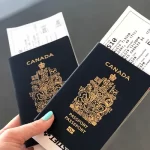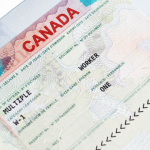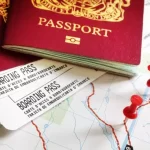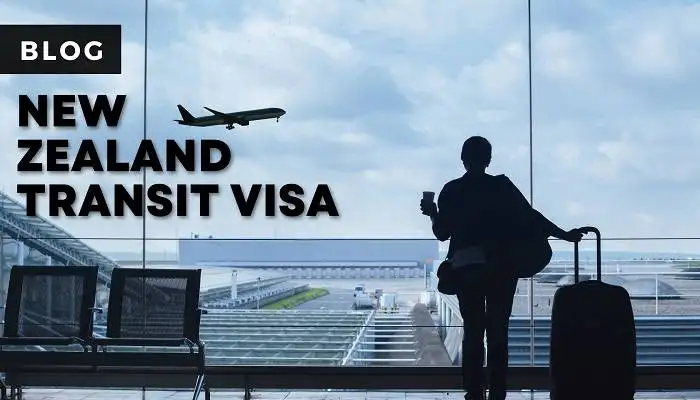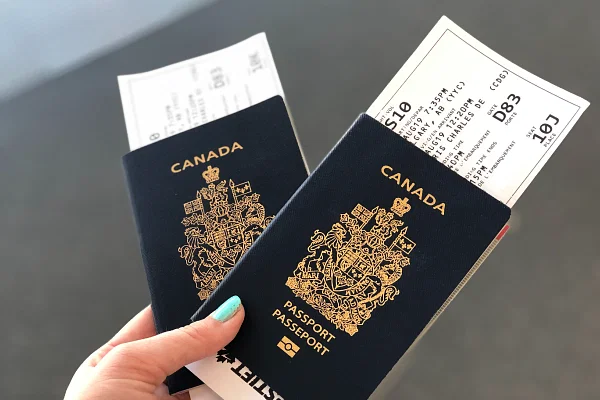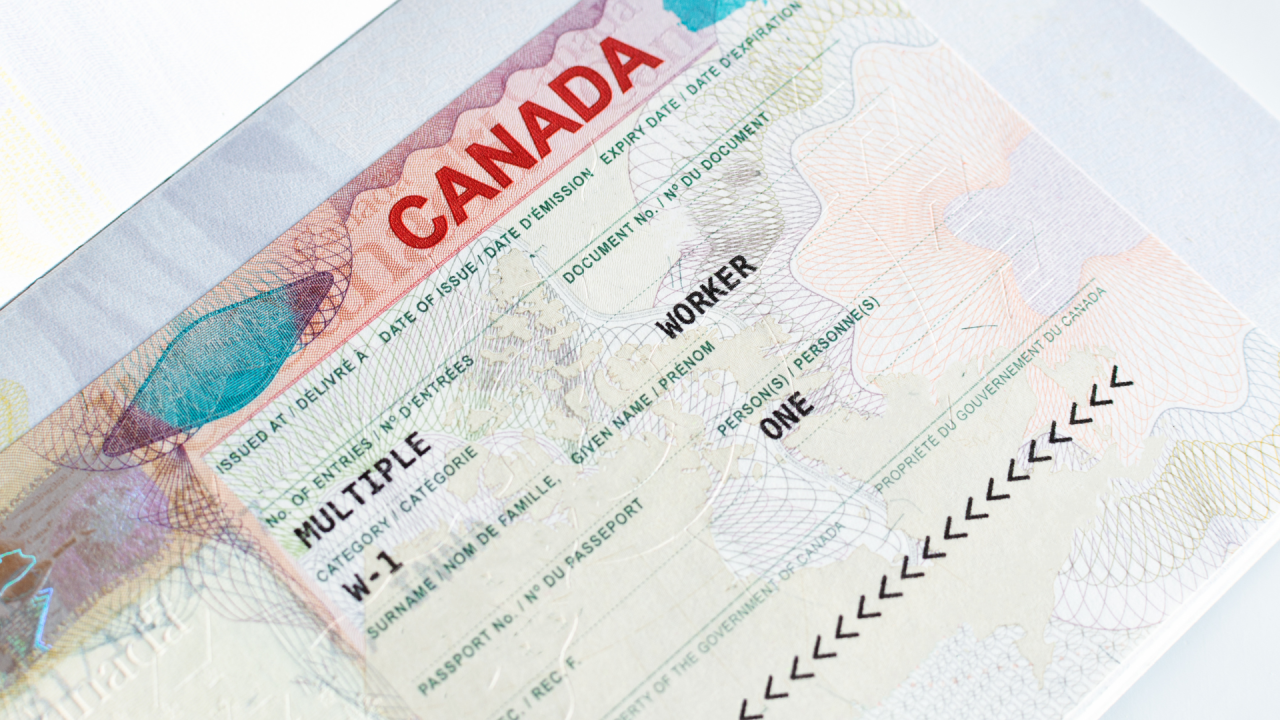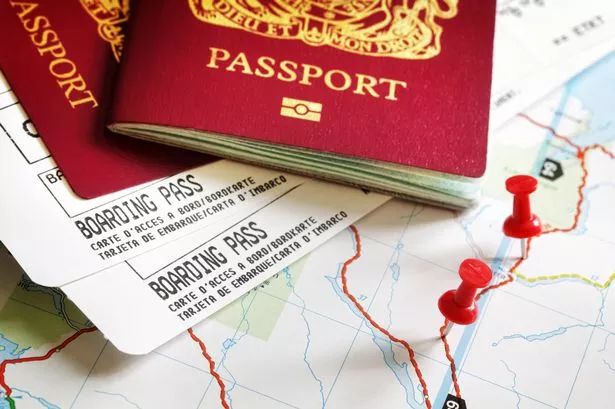Are you dreaming of exploring the stunning landscapes and vibrant culture of New Zealand post-COVID? Navigating the visa process can be daunting, but fear not! In this blog post, we’ve got all the essential information you need to know to make your dream a reality. From application tips to recent changes in policies, we’ve got you covered every step of the way. So grab a cuppa and get ready to embark on your Kiwi adventure with confidence! NEW ZEALAND VISA POST COVID
Introduction: Explaining the Current Situation with New Zealand’s Visa Process Post-COVID and Why it is Important to Understand
The COVID-19 pandemic has caused significant disruption in every aspect of our lives, including travel and immigration. New Zealand, known for its scenic beauty and warm hospitality, has always been a popular destination for tourists, students, and immigrants alike. However, as the world continues to grapple with the effects of the pandemic, there have been notable changes in New Zealand’s visa process.
In this section of the blog article “Navigating the New Zealand Visa Process Post-COVID: What You Need to Know,” we will dive into an in-depth analysis of how COVID-19 has impacted New Zealand’s visa process and why it is crucial to understand these changes.
The Impact of COVID-19 on New Zealand’s Visa Process:
Since March 2020, when the World Health Organization declared COVID-19 as a global pandemic, numerous countries have imposed strict border restrictions to contain the spread of the virus. Similarly, New Zealand also closed its borders to all non-citizens and non-residents in March 2020. This move had a significant impact on individuals who were planning to visit or immigrate to New Zealand.
Subsequently, several visa categories were put on hold or suspended due to travel restrictions and limited operational capacity at immigration offices. Essential workers were granted exemptions from these restrictions but still had to go through a rigorous application process. Additionally, some temporary visas automatically expired during this period due to international travel bans.
The Importance of Understanding Changes in New Zealand’s Visa Process:
Understanding changes in any country’s visa process is essential for individuals planning to visit or migrate there. In light of COVID-19, this understanding becomes even more crucial as it directly affects one’s ability to enter or stay in a country. NEW ZEALAND VISA FOR US CITIZENS
For instance, if you are someone looking to study abroad in New Zealand post-COVID, you need to be aware of the changes in visa requirements and application processes. This knowledge will enable you to plan your travel and application timelines accordingly.
Moreover, understanding changes in New Zealand’s visa process can also help individuals avoid any legal complications or delays in their immigration process. With constantly evolving policies and procedures, it is essential to stay informed and up-to-date to ensure a smooth transition into New Zealand.
The current situation with New Zealand’s visa process post-COVID is ever-changing and requires individuals to have a thorough understanding of these changes when planning their visit or immigration. In the following sections of this blog article, we will discuss the specific updates and guidelines for various visa categories in detail.
Changes to Visa Requirements: Discussing any recent changes or updates to the requirements for obtaining a New Zealand visa due to COVID.
The COVID-19 pandemic has brought about unprecedented changes and disruptions to the travel industry, including changes to visa requirements for those wishing to enter New Zealand. As the country continues to manage the ongoing effects of the global health crisis, it is important for travelers to stay informed about any recent updates or changes in visa requirements before planning a trip.
One of the major changes to visa requirements due to COVID-19 is the implementation of a mandatory Managed Isolation and Quarantine (MIQ) period for all travelers entering New Zealand. This applies to both citizens and non-citizens, with only a few exceptions such as diplomats and critical workers. All travelers must book their MIQ spot before applying for a visa or boarding their flight, as proof of confirmed MIQ reservation is now required by immigration officials.
Additionally, there have been some adjustments made in terms of which visas are currently being processed by Immigration New Zealand (INZ). With limited resources and border restrictions still in place, INZ is prioritizing certain types of visas over others. Currently, priority is given to critical workers who are needed for essential services such as healthcare workers and those whose work is considered essential for economic recovery. Other categories that are currently being processed include humanitarian cases, partner-based visas where partners are already residing in New Zealand, and student visas.
For individuals planning on traveling to New Zealand under one of these priority categories, it is crucial to ensure that all necessary documentation is prepared accurately and submitted on time. Due to reduced staffing levels at INZ offices worldwide, delays may occur in processing times so it’s best to apply well in advance.
Furthermore, there have been temporary changes made specifically for visitor visas during this time. Those who hold a valid visitor visa but were unable to travel due to border closures can now submit an online request for an extension until March 2022 without having their current visa canceled. This will allow visitors more flexibility if they wish to enter New Zealand at a later date.
The COVID-19 pandemic has resulted in several changes and updates to the visa requirements for traveling to New Zealand. It is important for travelers to stay up-to-date with any new developments and make sure they have all necessary documentation before applying for a visa or boarding their flight. By staying informed and prepared, travelers can navigate the visa process smoothly and safely during these unprecedented times.
Types of Visas Available: Outlining the different types of visas available for those wishing to travel to New Zealand, including temporary visas and permanent residency options.
When planning a trip to New Zealand, understanding the different types of visas available is essential. The visa process may seem daunting at first, but with the right information, it can be navigated smoothly. In this section, we will outline the various visas available for those wishing to travel to New Zealand and provide a brief overview of their requirements.
1. Temporary Visas:
Temporary visas are designed for individuals who wish to visit or stay in New Zealand for a limited period. These visas allow travelers to engage in various activities such as tourism, studies, business meetings, or work-related purposes. Some of the most common temporary visas include:
a) Visitor Visa: This visa allows individuals to visit New Zealand for up to nine months without engaging in any employment or study-related activities.
b) Student Visa: As the name suggests, this visa is specifically for students who wish to pursue full-time studies in an educational institution recognized by the New Zealand Qualifications Authority (NZQA).
c) Work Visa: A work visa allows individuals to work temporarily in New Zealand if they have a job offer from an employer based in the country.
d) Business Visa: This visa is suitable for entrepreneurs and investors who want to establish or invest in businesses within New Zealand.
2. Resident Visas:
Resident visas are for individuals who intend to live permanently in New Zealand and enjoy its many benefits as a citizen. There are several categories of resident visas available, including:
a) Skilled Migrant Category (SMC): The SMC is designed for skilled workers who possess qualifications and experience that are needed by industries within New Zealand.
b) Family Category: This category allows individuals with close relatives living in New Zealand to apply for residency under family sponsorship.
c) Investor Category: The investor category caters specifically towards high net worth individuals looking to invest significant funds into businesses within the country.
3. Other Visas:
Apart from temporary and resident visas, there are also other types of visas available for specific purposes. These include:
a) Transit Visa: A transit visa allows individuals to pass through New Zealand while traveling to another country.
b) Refugee Family Support Category: This visa is for refugees who have family members living in New Zealand and wish to join them.
c) Pacific Access Category: This category is for citizens from specific Pacific Island nations who possess specialized skills that are needed in New Zealand.
Understanding the different types of visas available is crucial when planning a trip to New Zealand. It is essential to carefully assess your purpose of travel and choose the appropriate visa category before starting the application process. We recommend consulting with an immigration expert or checking the official website of Immigration New Zealand for more detailed information on each type of visa and their requirements.






















